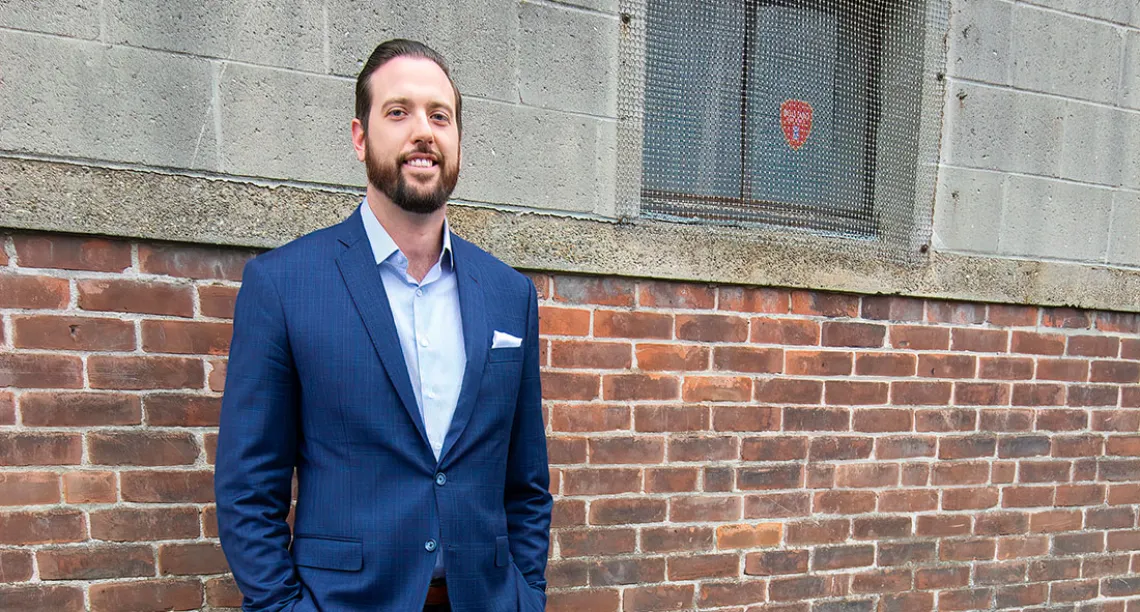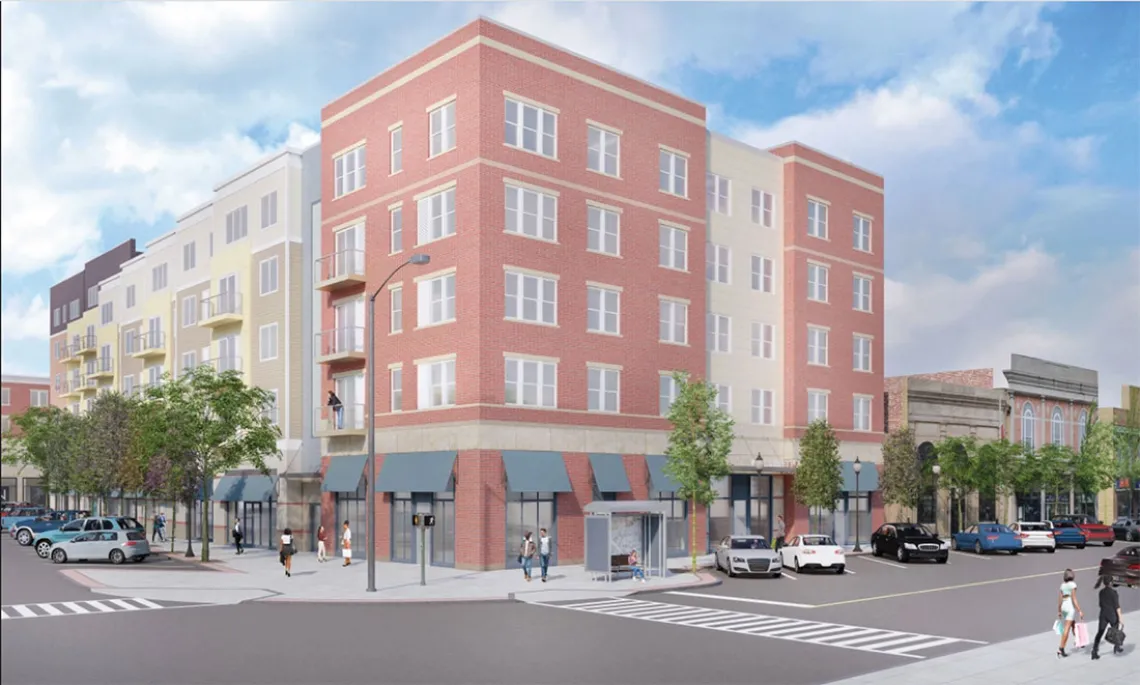Cities as Harmony: Brian Bidolli, Lecturer in Real Estate Development and Urban Planning

Six Questions with Brian Bidolli, Lecturer in Real Estate Development and Urban Planning
“I view cities as the harmony in which individuals play the melodies of their lives.”
What brought you to the College of Architecture, Planning and Landscape Architecture?
I began my work at CAPLA in the summer of 2017. I was originally hired as a program coordinator and main campus lecturer in Urban Planning and Real Estate Development. Recognizing an opportunity to bring the main campus Master of Real Estate Development Program online, my role transitioned into more of a program development capacity in addition to my teaching.
What is your current service work?
I am currently working with CAPLA administration to conduct market research and scoping for new online programs. In addition, I serve as faculty adviser for the Master of Real Estate Development program and assist with recruitment and marketing.
Tell us about your current practice.
I am an active practitioner in planning and real estate development. I currently serve as executive director for the Norwalk Redevelopment Agency, responsible for developing public/private partnerships for the City of Norwalk, Connecticut. My work is exciting because I get to be involved in every aspect of the development process—from ideation to financing and construction. For example, Wall Street Place is an affordable housing development project recently approved in Norwalk.

Wall Street Place in Norwalk, Connecticut. Image courtesy Brian Bidolli.
What are you currently teaching, and what do you most enjoy about teaching?
I currently teach several courses in the Urban Planning and Real Estate Development programs, including Survey of Responsible Real Estate Development, Market Analysis, Economics of Planning and Real Estate Development, Land Development Process and Real Estate Finance. What I enjoy most about teaching is watching students improve and grow as individuals throughout the program year. I am always amazed at how student's work improves with every lesson, and being a part of their personal and professional journey is one of the most rewarding parts of my work at CAPLA.
Beyond service, practice and teaching, what are your passions?
I am an urban explorer, data enthusiast and musician. My musical background informs my urban planning and development interests. I view cities as the harmony in which individuals play the melodies of their lives.
What does the CAPLA experience mean for you?
CAPLA is a place driven by inclusion, diversity and creativity. Housing the Real Estate Development program within the College of Architecture, Planning, and Landscape Architecture provides a unique opportunity to examine the communal aspects of real estate development rather than a more utilitarian approach you might have in a program driven solely by business or finance.
To learn more, view Brian Bidolli's faculty page.



